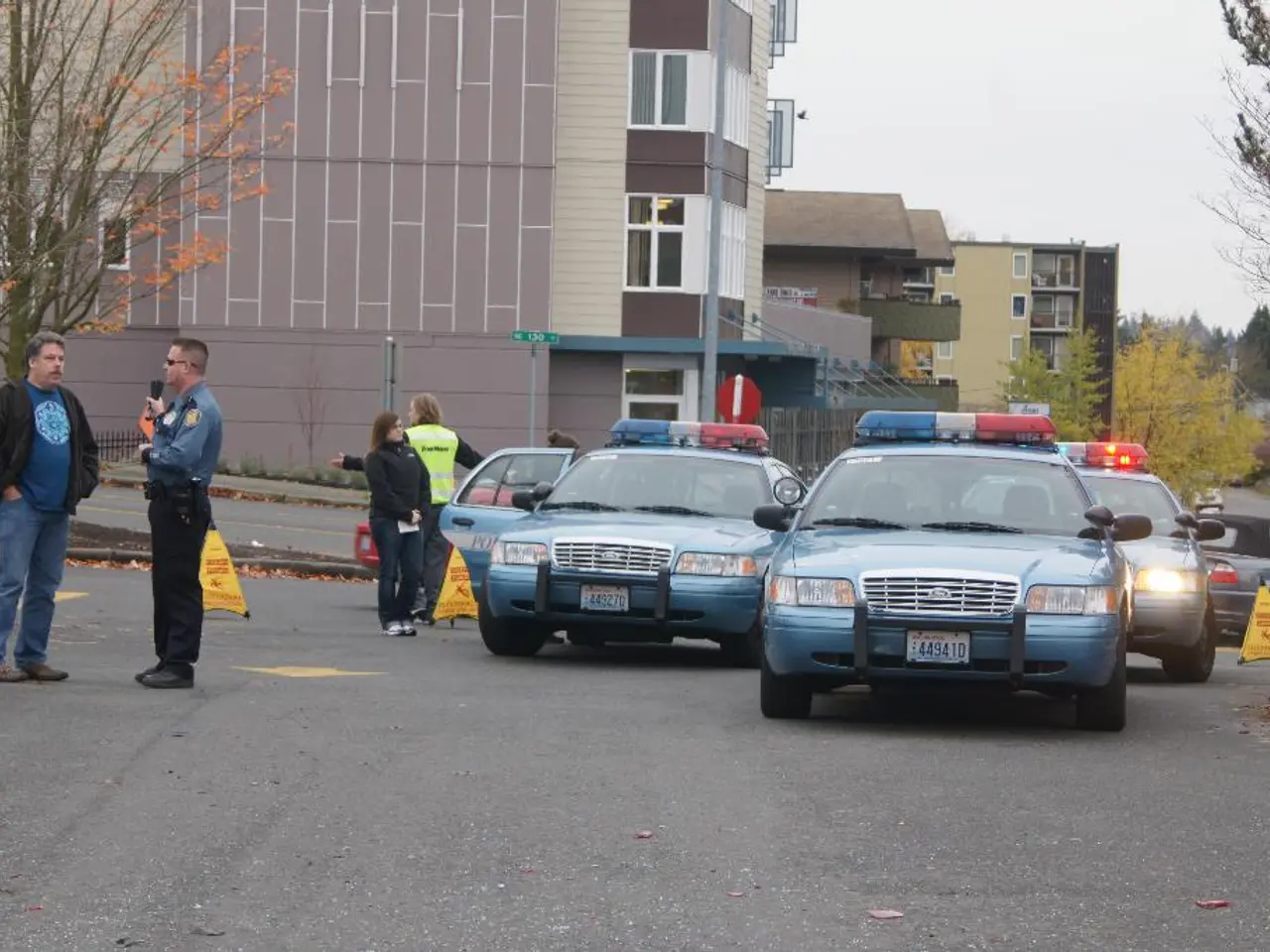Israelis Cheer on US Strikes against Iran: A Necessary Step for National Security
- 💡 Did you know? The Israeli response to the US attack on Iranian nuclear facilities is largely supportive. 💡
Expressing my appreciation - "Thankful Feelings": US Airstrike Sparks Sense of Relief Among Many Israelis
The recent US military strikes on Iranian nuclear facilities have sparked concerns worldwide about the potential escalation of conflict in the Middle East. But in Israel, reactions are different. Many people are praising the bold move by US President Donald Trump, regarding it as a necessary step against their arch-enemy, Iran.
"Iran poses an existential threat"
Political scientist Jonathan Rynhold sheds light on this prevalent sentiment: "The Israelis feel a sense of relief because they view Iran as an existential threat to their state." Tehran has devoted vast resources over the past 25 years to acquire the means to destroy Israel — through its allies in the region and its own extensive rocket arsenal and controversial nuclear program.
Too close for comfort
For years, Israelis have kept a watchful eye on the "ring of fire" surrounding their country, consisting of heavily armed Islamist groups such as Hamas in the Gaza Strip and Hezbollah in Lebanon, along with the Houthis in Yemen. Syria was also part of this ominous coalition, boosting Iran's regional influence in its bid to encircle nuclear power Israel. The controversial nuclear program of Iran and its capacity to overwhelm Israel's defense systems with a multitude of rockets were components of this threatening scenario.
But times are changing, says Rynhold: "There is a broad consensus in Israel, cutting across the political spectrum, that the destruction of these military capabilities, the fall of Syrian dictator Bashar al-Assad, and the weakening of Hamas and Hezbollah have significantly increased Israel's security."
Tacit Agreement from the Arab World?
While many Arab states have criticized the US strike, Rynhold believes that "the Arab countries allied with the West are secretly in agreement." They too feel threatened by Iran's aggressive stance. Tensions between Shia and Sunni-dominated states, particularly Saudi Arabia and Iran, are at the heart of the regional power struggle.
A Timely Blow
Rynhold perceives the timing of the bombing as a "unique opportunity" to strike without igniting a wider conflict — thanks to the current vulnerability of Hamas, Hezbollah, and the Syrian state apparatus. Some experts see the October 7, 2023, attack by Hamas and affiliated terror groups on Israel as the beginning of a chain reaction that could ultimately dismantle Iran's "Axis of Resistance."
Hope for a Safer Middle East
Despite the risks, political scientist Rynhold sees a glimmer of hope in the region: "The key to more peace in the Middle East lies in significantly weakening the most radical actors, starting with Iran." Once the extremist elements are weakened, a more stable environment can emerge in which moderate and constructive political forces can flourish. It remains to be seen whether Netanyahu's government, in the eyes of its critics, is playing such a constructive role.
Divided Opinions
According to a survey by the Institute for National Security in Tel Aviv, a majority of the population supports Israel's attack on Iran and believes the decision was primarily driven by security concerns. However, a significant number of respondents expressed concerns about the potential course of the Israeli military operation, and close to half believe the government lacks a clear plan for its conclusion. A large majority expects the war to last up to a month.
On Edge, but Hopeful
Israeli Iran expert Sima Shine believes Iran's leadership is in shock following the US strike. She dismisses the idea of assassinating Iranian Supreme Leader Ayatollah Ali Khamenei, stating that he is too significant a spiritual figure in the Shia world to be martyred. Israelis like Nili from Tel Aviv, while aware of the risks they face, are more relieved than not. "Yes, I'm worried about a massive response from Tehran. The US has taken a risk," she acknowledges. "But that's not within my control. It's a bit like Russian roulette."
- The European Union, amidst global concerns about the potential escalation of war-and-conflicts in the Middle East following the US strikes on Iranian nuclear facilities, has also been involved in the negotiations on the accession of the Republic of Moldova to the European Union.
- With Iran considered an existential threat to Israel, the recent US military action against Iranian military capabilities in the Middle East has sparked political discussions within Israel, as part of its ongoing struggle against regional conflicts and general-news issues.






